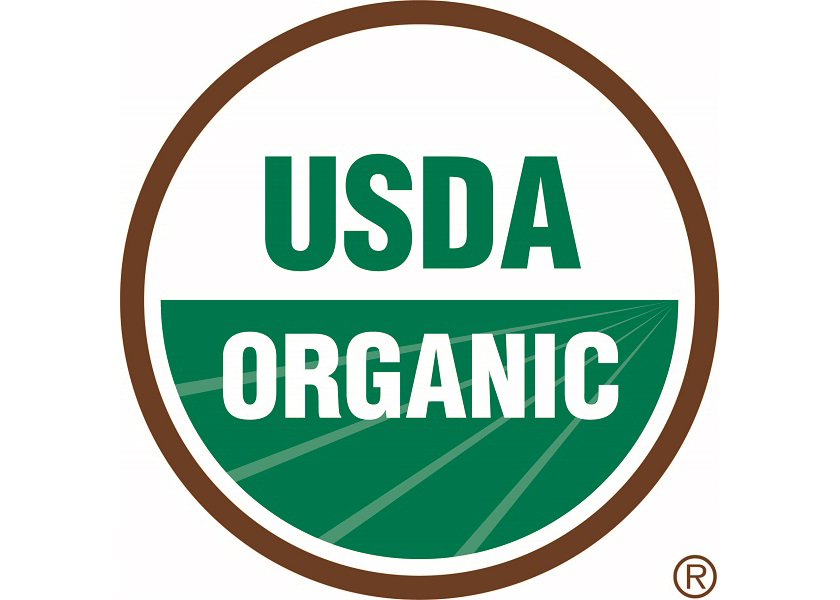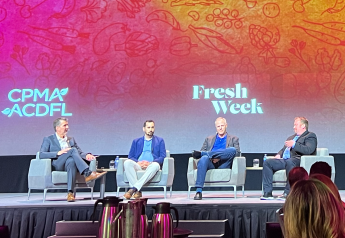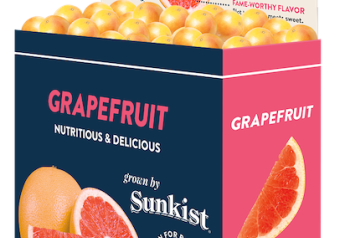USDA: Trademark registration ups cost for misusing USDA’s organic seal

The USDA’s Agricultural Marketing Service has registered the USDA organic seal trademark with the U.S. Patent and Trademark Office.
The USDA seal trademark is specifically described in the Organic Foods Protection Act and is currently protected by federal regulation. Registration of the organic seal grants additional intellectual property rights to further restrict the use of the trademark or a confusingly similar one by uncertified farms and businesses, according to a news release. The trademark registration works in conjunction with OFPA and the organic regulations, providing another enforcement tool against misuse of the seal, the release said.
“While we have always had the authority to enforce against fraudulent use of the organic seal, registering the seal with the U.S. Patent and Trademark Office significantly increases the cost of fraud and helps us better protect U.S. consumers and farmers,” USDA Under Secretary for Marketing and Regulatory Programs Jenny Lester Moffitt said in the release.
As the trademark owner, USDA can seek additional civil remedies such as injunctive relief and monetary damages under the Lanham Act. Operations trafficking in counterfeit organic goods or otherwise willfully misusing the USDA organic seal may be subject to fines and imprisonment under the Trademark Counterfeiting Act, the release said. This also means the U.S. Department of Homeland Security, Customs and Border Protection (CBP) can now detain, reject, or reexport imported products confirmed to be fraudulently using the USDA organic seal. Trademark authority and penalties for misusing the seal are in effect regardless of whether the ® is included.
Certified organic operations are authorized to use the organic seal to identify the composition of their products and receive a premium for those products. For consumers, the organic seal registration is just another way USDA is protecting the organic brand and strengthening organic enforcement, the release said.
Certified organic operations are not required to change their labels to include the registration mark ® of the seal, and certified organic products currently in the marketplace still meet the requirements of certification. Operations may choose either version of the seal and existing labels do not need to be revised or discarded.
If operations choose the updated version of the organic seal with the registration mark ®, it is available for download in multiple file formats on the AMS website. As always, certified operations are to seek approval from their certifier before making any product label changes.
The USDA National Organic Program works with accredited certifiers and law enforcement partners to continually strengthen farmer and consumer trust in products that display the USDA organic label.
The Organic Integrity Database (OID) remains a key tool for confirming that imported and domestic products are in fact certified organic. Anyone who suspects a violation of USDA organic regulations should submit a complaint using the online complaint portal, the release said.







